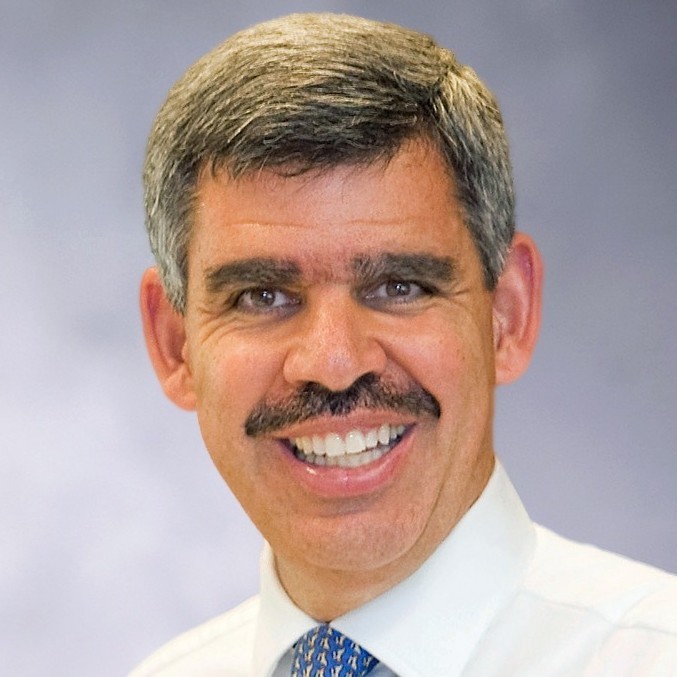 |
THE DAY AFTER: Bitcoin cash underwent its long-anticipated fork on Thursday, officially splitting into two new chains: Bitcoin ABC and Bitcoin SV. Both networks are young, and it remains to be seen if either will take up the bitcoin cash moniker.
A threatened attack on the Bitcoin ABC network by SV proponent Craig Wright has yet to materialize, though this may in part be due to the fact that mining pool Bitcoin.com shifted all of its hash power to the Bitcoin ABC network, including machines previously dedicated to mining bitcoin.
Today, at least some major exchanges are already distributing Bitcoin ABC and Bitcoin SV tokens to customers, however. Binance and Bitfinex have both started allowing customers to trade with the two tokens, while Poloniex began pre-fork trading for the two tokens last week. Other exchanges have yet to announce their intentions. Full Story
SEC FIRST: The SEC just took its first actions on ICO projects specifically for offering securities without having registered with the agency.
The two cryptocurrency startups involved – CarrierEQ, also known as Airfox, and Paragon Coin, – have now agreed to register their initial coin offering (ICO) tokens as securities after settling with the U.S. regulator.
In addition to registering their tokens as securities, both companies will refund investors, file periodic reports to the SEC and pay $250,000 apiece in penalties.
Both of the firms had conducted token sales last year, with Airfox raising $15 million and Paragon raising $12 million, according to statements. The SEC contended that neither startup registered their token sale as a securities offering, nor did they qualify for registration exemptions.
SEC Enforcement Division co-director Stephanie Avakian said that the agency has “made it clear that companies that issue securities through ICOs are required to comply with existing statutes and rules governing the registration of securities.” Full Story
NOT A FAN: ECB board member Benoît Cœuré believes that bitcoin was a "clever idea," but still the "evil spawn of the financial crisis."
Speaking at the Economics of Payments IX conference Thursday, the Bank of International Settlements chair focused more on the potential uses of blockchain technology than the cryptocurrency itself. Central banks in particular have already begun researching distributed ledger technology, with some 69 percent looking into - or at least considering looking into - how central bank digital currencies (CBDCs) may be utilized.
Of those, 57 percent are considering using CBDCs either as a tool for high-value transactions, such as interbank settlements, or for consumer-facing retail payments, he said. However, it’s unlikely that any CBDC will be released within the next decade. Full Story |
|
|
|
|
 |

Trying to understand the Bitcoin Cash Hash War?
This past week saw the ramp up and first shots fired on Thursday, November 15. But first what is a hash war?
Bitcoin Cash had two rival software upgrades planned. Put simply, Bitcoin Cash ABC enabled smart contract features and Bitcoin Cash SV enabled larger blocks to fit more transactions.
The term "Hash War" was coined by the SV community, and war suggests that two competing sides must use hashrate to win. Hashrate is the computing power used to validate blocks (transactions) on the blockchain. The more hashrate a miner has, the more they can mine, and the faster they increase the size of their blockchain. The side with the longest blockchain after a certain period of time wins.
This past week we saw: - Exchange activity fall. This was caused by exchange businesses, like Coinbase, announcing that they would pause trading for Bitcoin Cash while the hash war was going on. This would reduce the amount of volume getting bought and sold.
- Network activity rose. This mainly occurred on the day of the fork when transaction counts skyrocketed. They were even 33 percent more than BTC transactions before falling back to normal levels.
- Social activity grew to 90 percent to that of BTC. With all the controversy and excitement, the Bitcoin Cash community was enamored with social media.
Use our new tool to learn more.
|
|
|  Jay Clayton Chairman of the SEC |
 Kelly Loeffler CEO of Bakkt |
|  Dr. Mohamed A. El-Erian Chief Economic Advisor at Allianz |
 Jeffrey Sprecher Chairman of the New York Stock Exchange & Chairman and CEO of Intercontinental Exchange, Inc. |
|
| |
|
|
| BOUNCING? If past events are any guide, bitcoin (BTC) could in for a recovery rally in the short-term. After a big price drop earlier this week, the leading cryptocurrency formed what’s termed a “long-tailed doji” candle on the daily chart. Interestingly, the days following such a candle are often followed by a price jump, although with BTC, nothing is guaranteed. Full Story |
 |
BEST OF THE BEST MOTHER JONES: Matthew Whitaker, the acting U.S. attorney general appointed by Donald Trump after Jeff Sessions was ousted from the role, was at one point involved in a time travel cryptocurrency project, Mother Jones says. Yes, you read that correctly. In November 2014, Whitaker was apparently appointed to the board of a marketing firm called World Patent Marketing. Asides from patents, the firm – which the FBI later alleged to be a scam – also marketed a “theoretical time travel commodity” pegged to the price of bitcoin. It was called “Time Travel X” as an investment vehicle but never materialized, the article says. THE REST
QUARTZ: Indian Prime Minister Narendra Modi just cracked a joke about how dropping the term "blockchain" can boost companies’ funding. And according to Quartz, he’s not wrong. Blockchain startups are increasingly popular with investors, having netted over $10 million in funding this year – more than half of the total $17 million invested in the space over the past five years. The hype around blockchain has been driven by a mix of real innovation and those who just use the word to grab investors’ attention. But as the space matures, though, it’s likely the pulling power of the term will fade, says Quartz. REUTERS: Chip maker Nvidia has predicted slower than expected business for Q4 2018, blaming poor figures on the slump in the crypto mining industry, Reuters says. In its latest financial report, the firm also reported disappointing sales in the third quarter – news that caused Nvidia shares to drop almost 17 percent when it hit the markets. Jensen Huang, the firm’s CEO, said Nvidia had expected sales volumes to bounce back as buyers who were priced out in the crypto mining boom came back. However, "the crypto hangover lasted longer than we expected," Huang was reported as saying. Current overstocked inventories are expected to return to normal levels by the end of the year. |
|
WHO WON #CRYPTOTWITTER  |
Consensus: Invest Keynotes |
|
|  Jay Clayton Jay Clayton Chairman of the Securities and Exchange Commission |
|  Dr. Mohamed A. El-Erian Dr. Mohamed A. El-Erian Chief Economic Advisor at Allianz |
|
| |
|
|
| | | | | | |